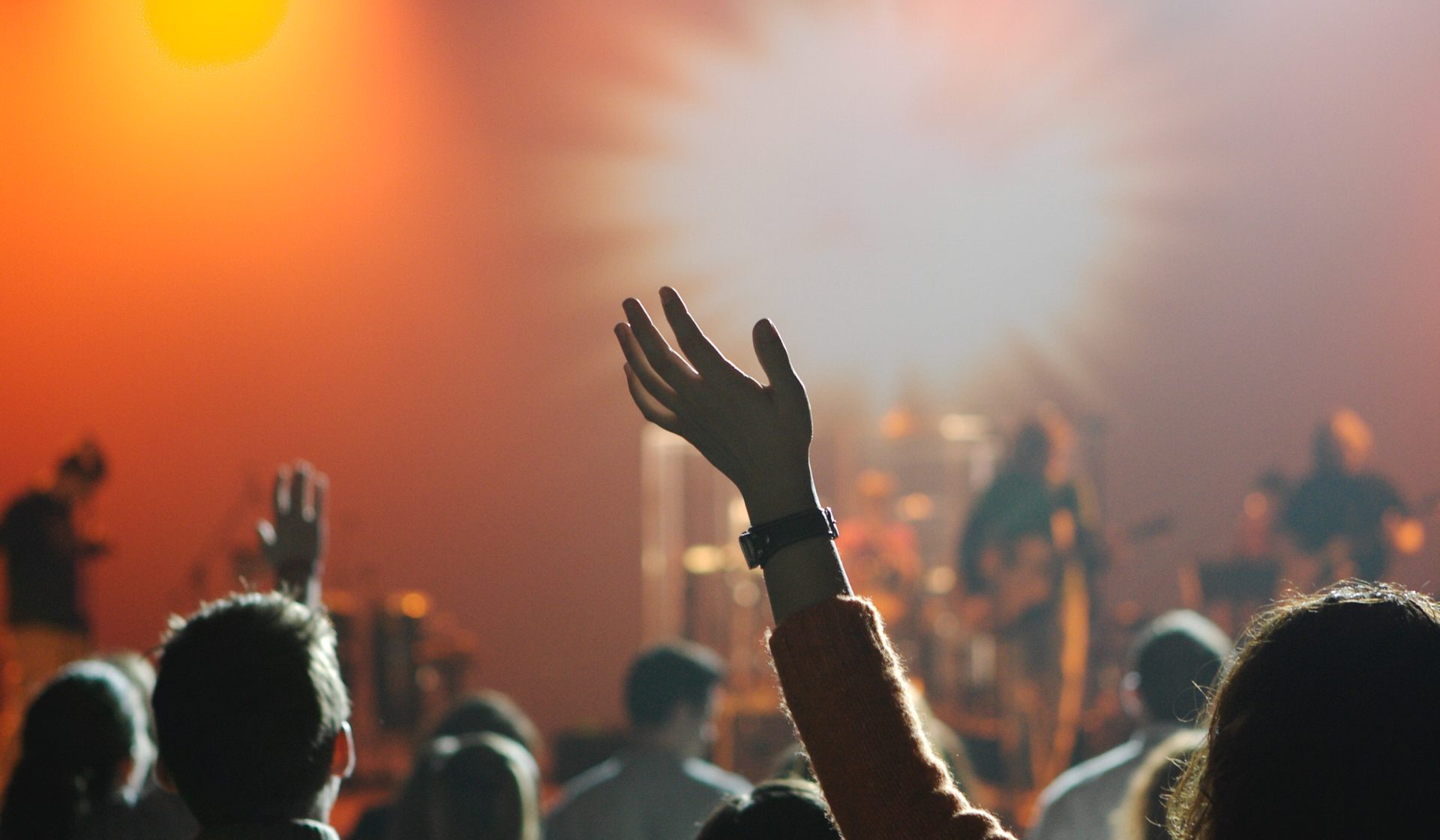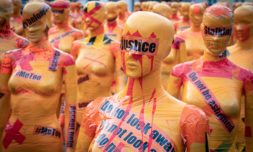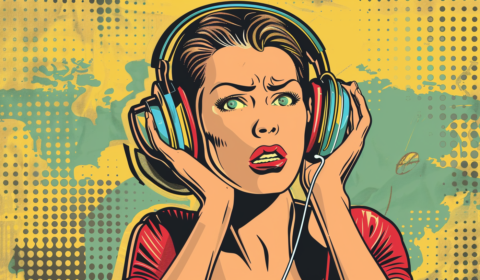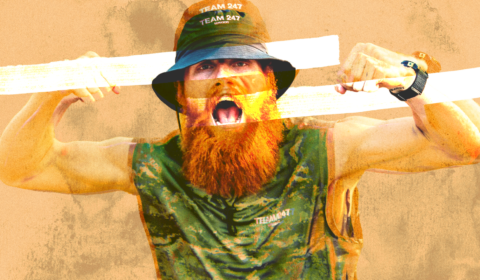In light of UN data revealing that 40% of womxn under 40 have been sexually harassed at UK music events, Safe Spaces Now is calling for commitment to meaningful action and better condemnation of abusive behaviour within the industry.
Since one of the most resonant cases of violence against womxn in recent history began dominating our headlines back in March, conversations about female safety have been rife.
Already, we’ve seen the UK government introduce policies with the hope that a story as harrowing as Sarah Everard’s is never repeated, yet this approach seemingly forgot about the regularity of such incidents throughout live music.
With targeting street harassment at the top of the agenda (an understandable priority of course), little has been done to prevent harassment at gigs – particularly alarming given new data revealing that 40% of womxn under 40 have experienced this.
As a result, industry-members have joined forces with gender equality organisation UN Women UK on an initiative titled Safe Spaces Now that’s calling for companies, events, and venues to commit to meaningful action and better condemnation of abusive behaviour in the industry.
Glastonbury organiser Emily Eavis, Radio 1 DJ Clara Amfo, and singers Mabel, MNEK, and Rudimental are among the high-profile figures backing the petition.
View this post on Instagram
A powerful open letter penned to the wider music community on August 13th not only noted that ‘the problem is everywhere’ but cited research that over 95% of incidents go unreported annually, highlighting the urgent need for change upon our return to normalcy.
‘As live events return following the COVID-19 pandemic, womxn and marginalised people everywhere are not only thinking about staying safe from the virus – they want to be able to enjoy their right to music, arts and culture without constant fears of violence and harassment,’ says Claire Barnett, executive director of UN Women UK.
Viewing our departure from lockdown as a ‘unique opportunity’ to reconsider the way we construct and use our public spaces to be safer for the long-term, Barnett stresses the importance of utilising the moment to re-programme live music from scratch.
‘We’ve talked for a decade about nudging towards safety and better behaviour,’ she adds.
‘What better time to think about doing things better?’


At the forefront of this is Strawberries & Creem, a youth-culture festival with a fifty-fifty gender split of performers that’s working alongside the campaign to test-run a safety centred strategy.
The goal is that this will set a blueprint for what safe spaces should look like for audiences, artists, and staff at festivals moving forward.
Of the 150+ suggested solutions, it’s seeking to implement redesigned spaces, acknowledgement of behaviour within them, and training to recognise potential abuse and respond appropriately.
‘Music should be a place of joy and inclusion for all,’ finishes Barnett. And she’s right.
Amid this fresh focus on womxn’s safety that’s amounted in greater scrutiny towards these issues, let’s make 2021 the year the music and events industries rise up to the call of the #MeToo movement – just as Hollywood has been trying to for the past five years.

















